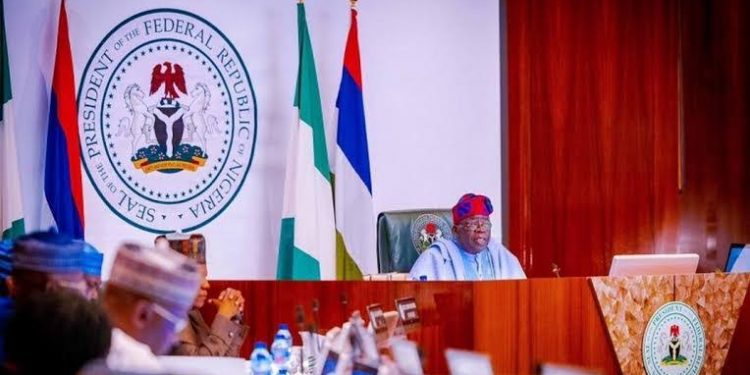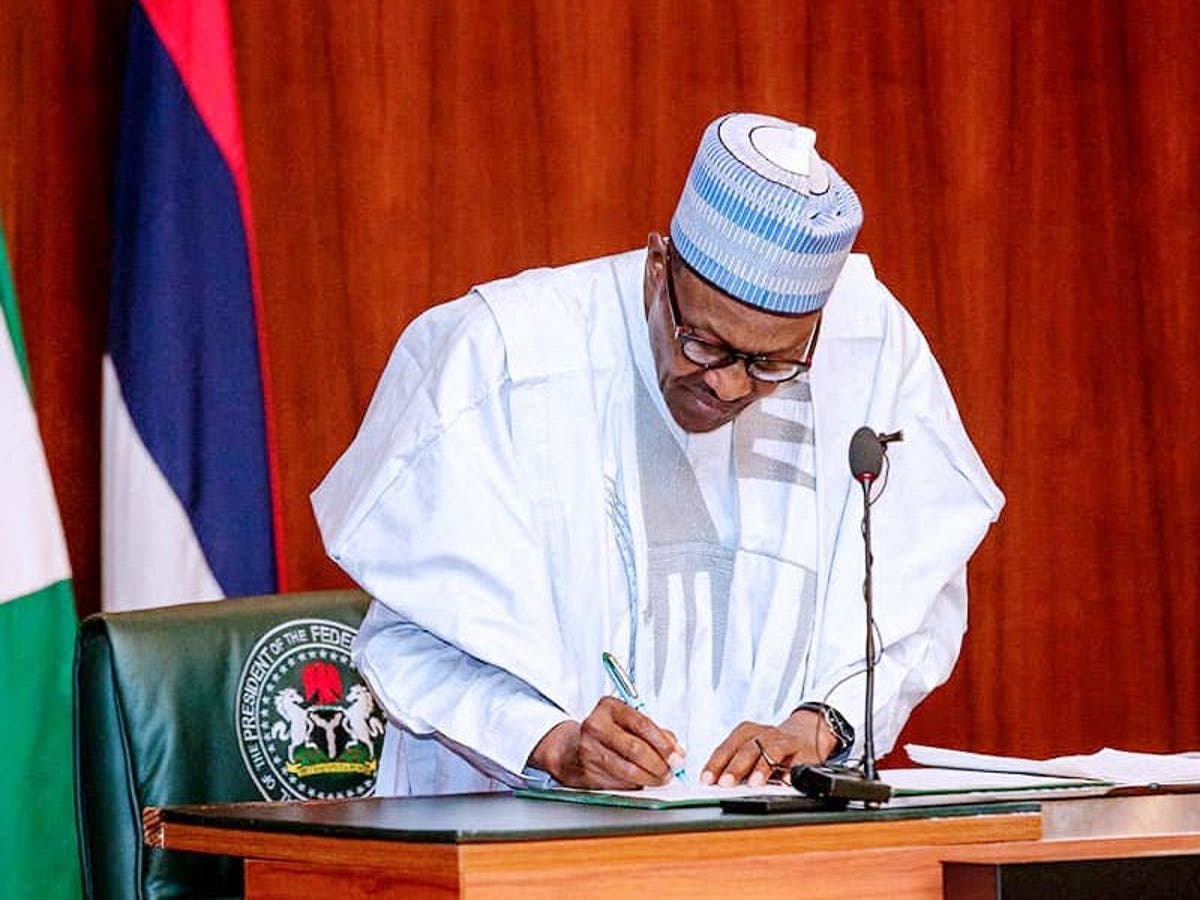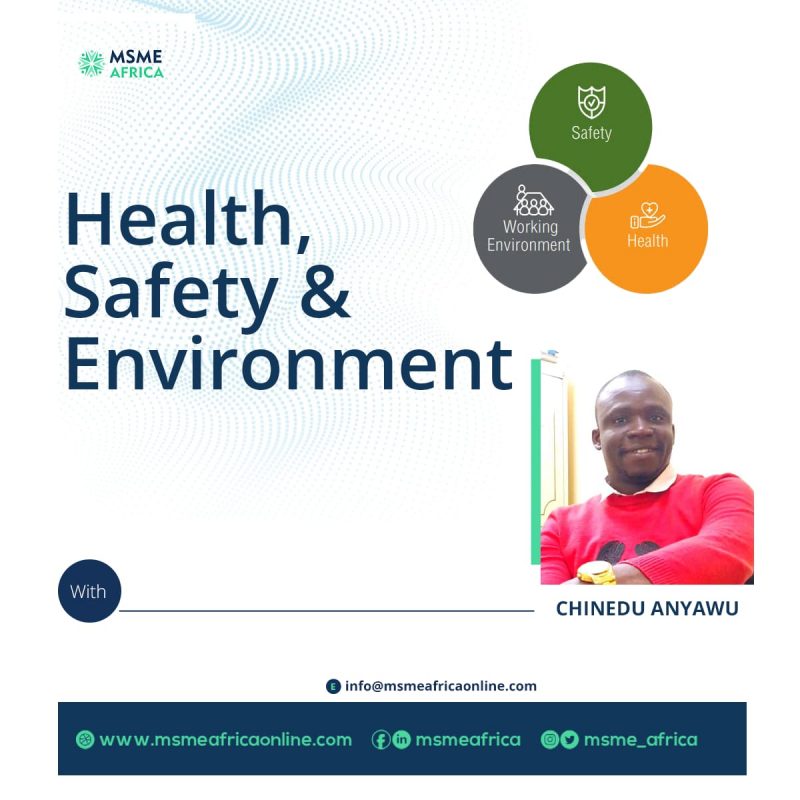The Federal Executive Council (FEC), chaired by President Bola Tinubu, has approved a transformative new economic blueprint titled the Renewed Hope Nigeria First Policy. The policy is designed to prioritise local industry, boost industrialisation, and significantly reduce dependence on foreign imports by placing Nigeria at the heart of its own development strategy.
Announced by Minister of Information and National Orientation, Mohammed Idris, the policy represents a paradigm shift in Nigeria’s economic planning — aligning government spending and procurement with domestic economic priorities.
“This policy seeks to foster a new business culture that is bold, confident, and very Nigerian,” said Idris.
“Government investment must now directly benefit our people and industries by changing how we spend, procure, and build.”
Key Components of the Nigeria First Policy
- Industrialisation and Manufacturing: Emphasis on strengthening local manufacturing capacity, especially in textiles, sugar production, and vehicle assembly.
- MSME Support: Includes ₦50 billion in grants and ₦75 billion in funding through the Bank of Industry to support MSMEs and manufacturers.
- Digital Economy Integration: Leverages digital tools to improve local production and competitiveness.
- Local Content in Public Procurement:
- All MDAs must prioritise Nigerian-made goods and services.
- No foreign procurement without BPP waivers.
- Mandatory technology transfer and local capacity provisions in foreign contracts.
- Strict enforcement by the Bureau of Public Procurement (BPP) with disciplinary consequences for non-compliance.
The Attorney General has been instructed to draft an Executive Order to give legal backing to the policy, which will become central to the administration’s economic and industrial agenda.
Nigeria Joins Asian Infrastructure Investment Bank (AIIB)
Also at the FEC meeting, Nigeria’s membership in the Asian Infrastructure Investment Bank (AIIB) was ratified, with an approval to subscribe to 50 shares worth $5 million — each share valued at $100,000.
Minister of Finance and Coordinating Minister of the Economy, Wale Edun, explained that the move enhances Nigeria’s access to AIIB’s $1 billion Africa funding plan, focused on infrastructure and connectivity.
“With this subscription, Nigeria strengthens its participation in a multilateral platform that will support its infrastructure and development ambitions,” Edun said.
Nigeria joins 19 other African nations in the AIIB, a multilateral development bank with growing influence across emerging economies.
Driving Economic Inclusion and National Growth
The Renewed Hope Nigeria First Policy is seen as a cornerstone of President Tinubu’s broader reforms, including fuel subsidy removal, foreign exchange liberalisation, and investment-focused policies.
By aligning state spending with domestic industrial capabilities, the policy aims to stimulate job creation, increase GDP contributions from manufacturing, and foster self-reliance across key sectors.
While implementation may face resistance from entrenched interests, officials reaffirmed the government’s commitment to strict enforcement and systemic change.
“This is a major shift in government policy,” Idris said. “It puts Nigeria not imports or foreign companies at the centre of national development.”










